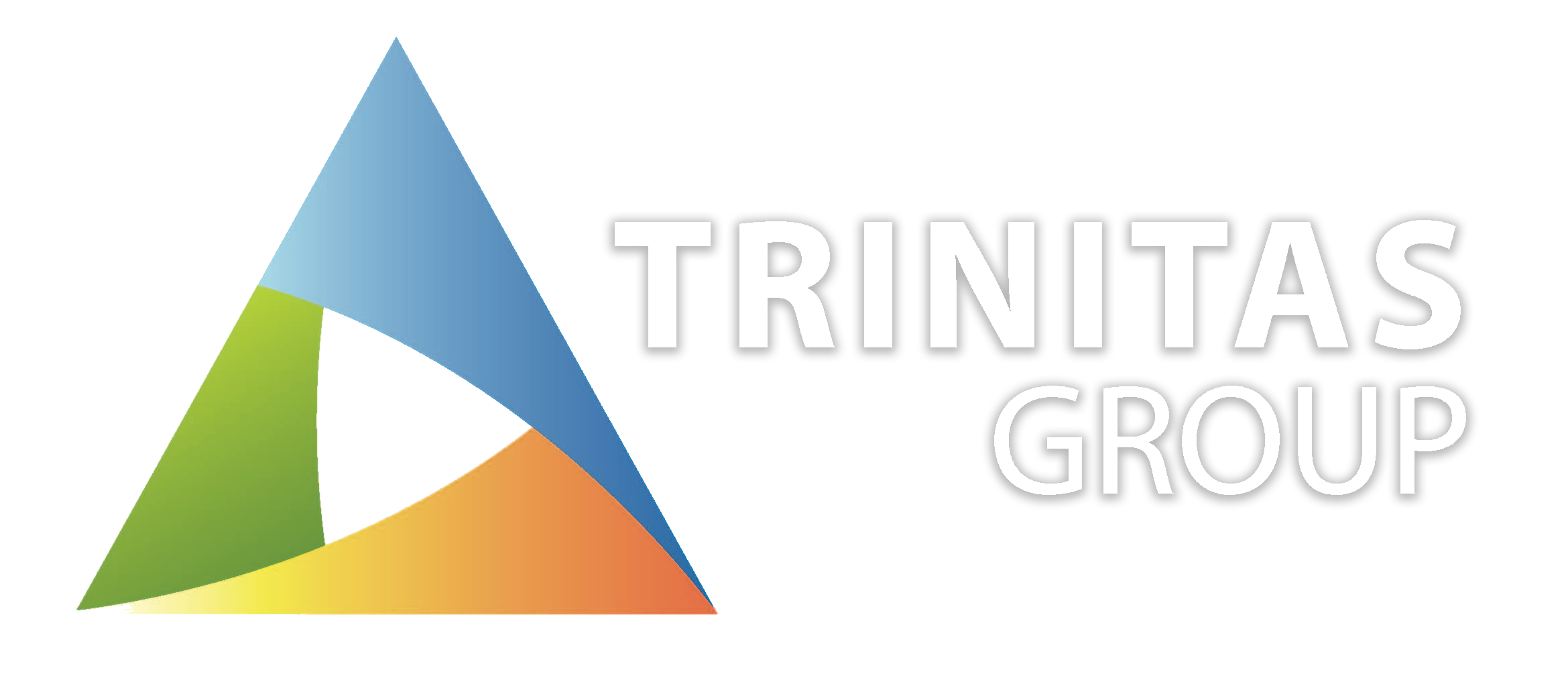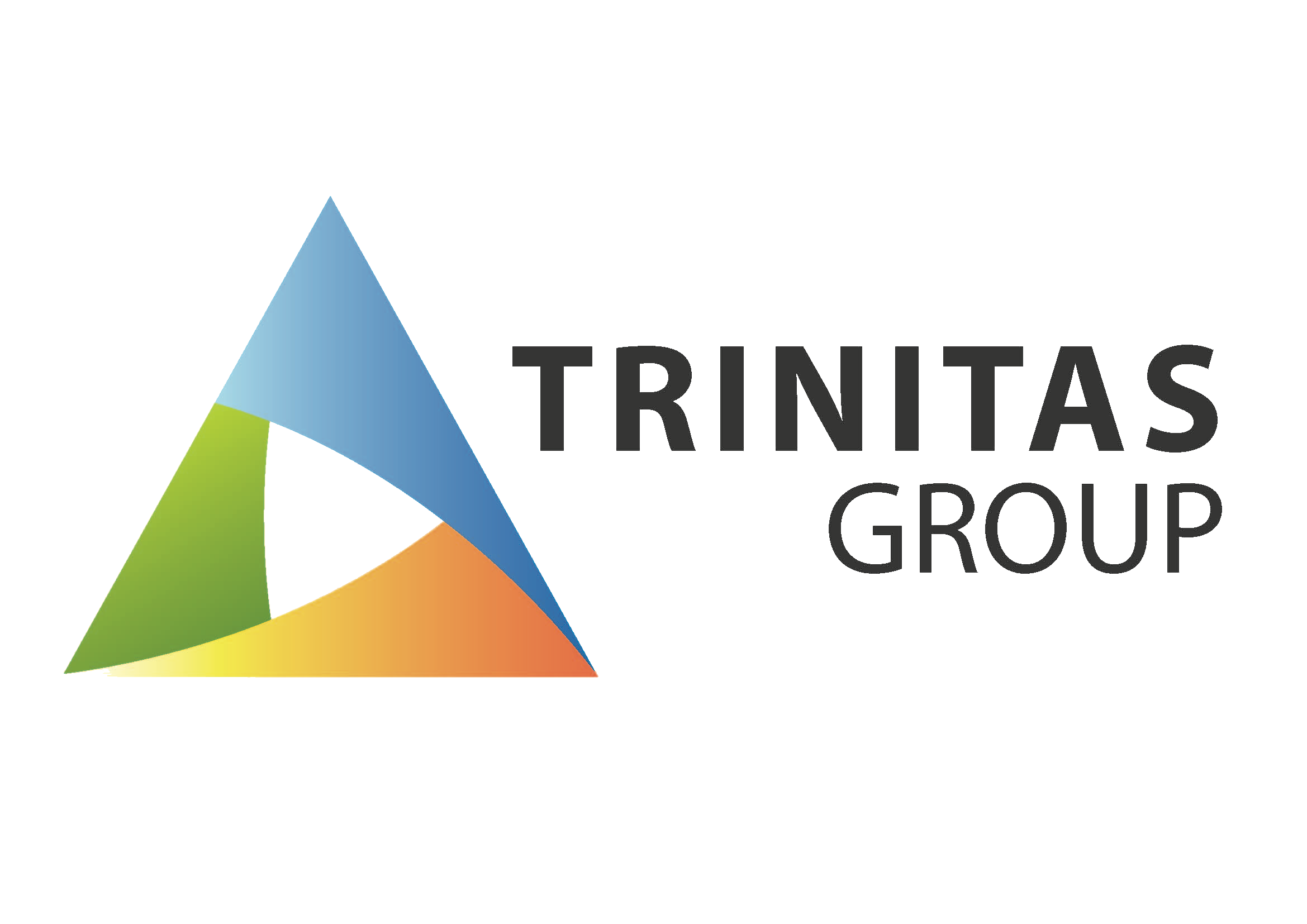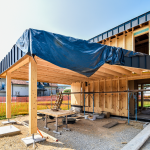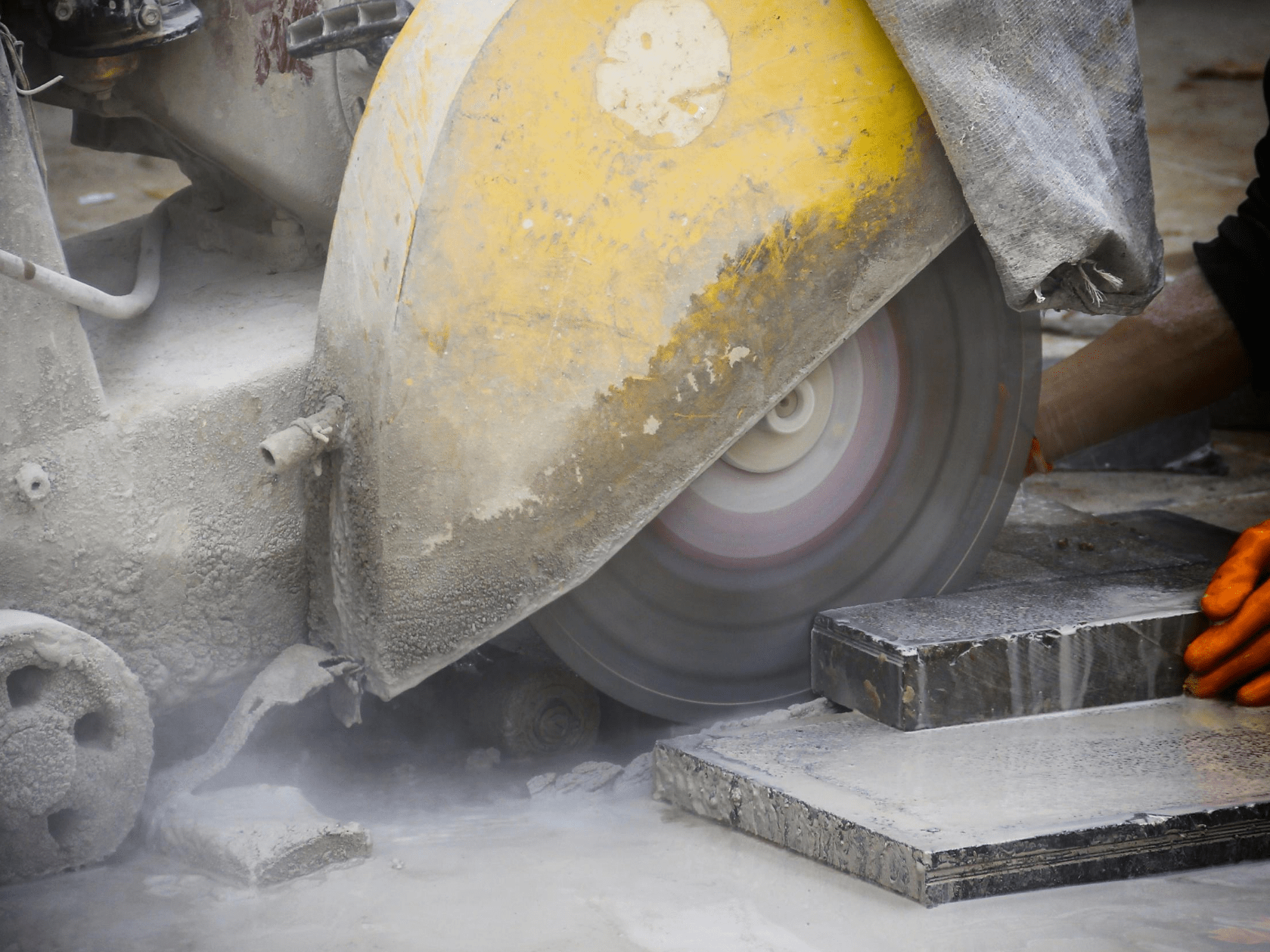According to Workplace Relations Minister Tony Burke, the proposed nationwide ban on engineered stone, predominantly used for kitchen bench tops, will take at least a year.
He urged state and territory leaders to consider bans at the state level at a meeting of Commonwealth, state and territory work health and safety ministers yesterday in Canberra.
Ministers agreed there is a requirement for “joint deliberate efforts … from all levels of government, industry and unions to eliminate silicosis and silica-related diseases.”
The Ministers also adopted Safe Work Australia’s Decision Regulation Impact Statement: managing the risks of respirable crystalline silica at work.
Reforms to be implemented as a priority include:
- The delivery of national awareness initiatives in partnership with employers and unions.
- Stronger regulation of processes across all industries, including air monitoring and workplace exposure standards.
- Further consultation on a prohibition of the use of engineered stone under the model WHS laws.
While a blanket ban on the product was not adopted at the meeting, Minister Burke said that Safe Work would scope out what that ban might look like, including consultation with the states and territories and other stakeholders.
The beginning of a consultation process has accelerated the timeline for a ban on the products in Australia, with national discussions around a ban originally planned to commence in July 2024.
Speaking to media in Parliament House, incoming CFMEU national secretary Zach Smith said “If the government hasn’t implemented a ban on the importation and manufacture of engineered stone by 1 July 2024, our union will act, and we will implement our own workplace ban. I can be really clear on that point.”
He also encouraged Minister Burke to encourage the use of stronger language when pursuing the ban, rather than ‘consideration’ of a ban.
“We would encourage stronger language, we think this issue is an issue of life and death. We are seeing workers die now,” Smith said. “We think action is absolutely imperative, and it’s necessary now.”




